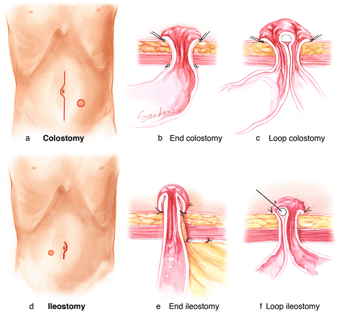Which intervention is most important for the practical nurse (PN) to implement for a client who is receiving total parenteral nutrition (TPN)?
Collect fingerstick glucose levels
Implement bleeding precautions.
Obtain daily weights
Check urine for albumin
The Correct Answer is A
The correct answer is Choice A:
Collect fingerstick glucose levels.
Choice A rationale:
When a client is receiving total parenteral nutrition (TPN), it means they are receiving nutrients directly into the bloodstream, bypassing the digestive system. TPN often contains high levels of glucose, which can lead to hyperglycemia. Regular monitoring of blood glucose levels are crucial to detect and manage hyperglycemia effectively, especially in clients at risk for diabetes or those with impaired glucose metabolism.
Choice B rationale:
Implementing bleeding precautions (Choice B) is important for clients on anticoagulant therapy or with bleeding disorders. However, it is not the most important intervention for a client receiving TPN. Monitoring glucose levels takes precedence in this case.
Choice C rationale:
Obtaining daily weights is an important intervention to assess fluid balance and nutritional status in clients receiving TPN. However, it is not the most critical intervention compared to monitoring glucose levels to prevent complications of hyperglycemia.
Choice D rationale:
Checking urine for albumin is important in assessing kidney function and detecting proteinuria. While it is a valid nursing intervention, it is not the most important consideration for a client on TPN. Monitoring glucose levels is of higher priority.
Nursing Test Bank
Naxlex Comprehensive Predictor Exams
Related Questions
Correct Answer is B
Explanation
This is the best response for the PN to provide because it sets a clear and firm boundary for the adolescent and discourages inappropriate or sexual comments. The PN should also redirect the adolescent's attention to another topic or activity and document the incident.
A. The size of my breasts is of no concern to you is not the best response because it may sound defensive or sarcastic and may not deter the adolescent from making similar comments in the future.
C. Do you really think so? is not the best response because it may encourage or reinforce the adolescent's inappropriate or sexual comments and may imply that the PN is interested or flattered by them.
D. If you talk like that again, I will tell your parents is not the best response because it may sound threatening or punitive and may not address the underlying issue of the adolescent's behavior. The PN should inform the parents only if the behavior persists or escalates.
Correct Answer is A
Explanation
This is the best action for the PN to implement because it addresses the client's question and provides an opportunity to educate the client about the fecal diversion surgery and its outcomes. The PN should review the type, location, and appearance of the surgical opening (stoma) and explain how it will affect the client's elimination and body image.

Whether you are a student looking to ace your exams or a practicing nurse seeking to enhance your expertise , our nursing education contents will empower you with the confidence and competence to make a difference in the lives of patients and become a respected leader in the healthcare field.
Visit Naxlex, invest in your future and unlock endless possibilities with our unparalleled nursing education contents today
Report Wrong Answer on the Current Question
Do you disagree with the answer? If yes, what is your expected answer? Explain.
Kindly be descriptive with the issue you are facing.
